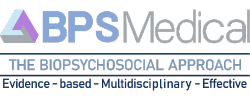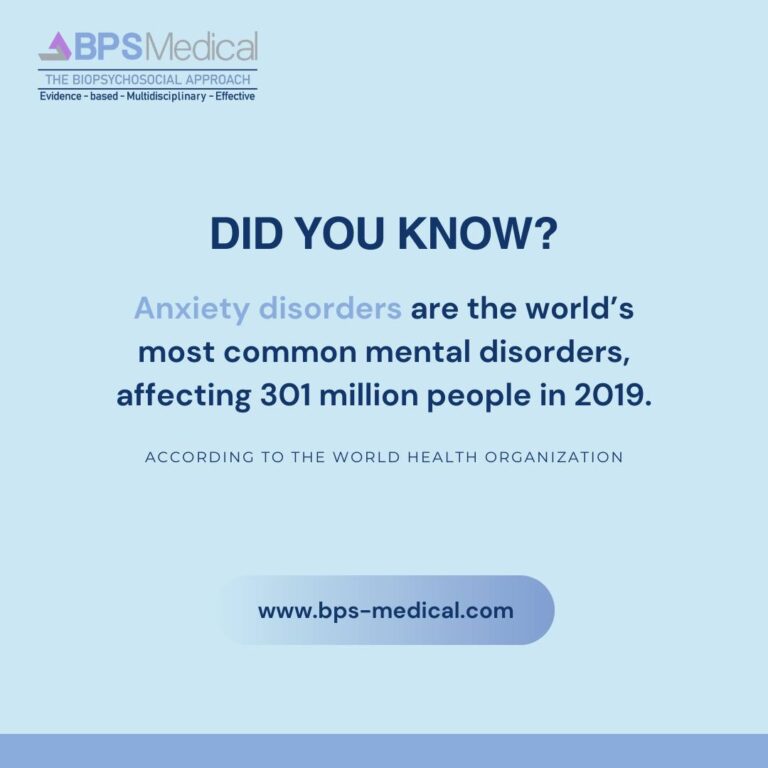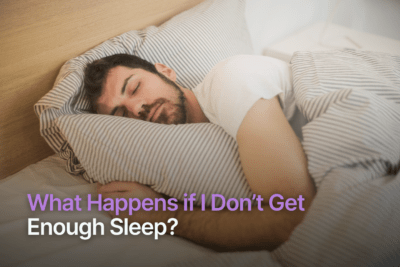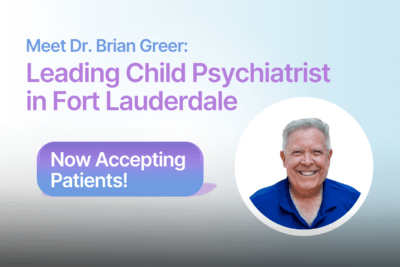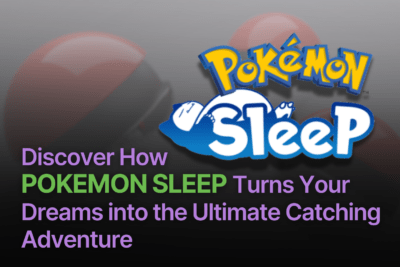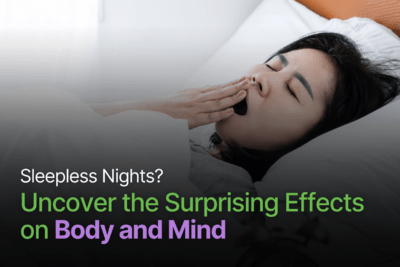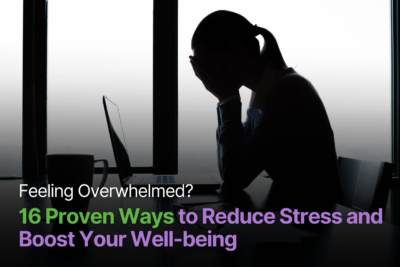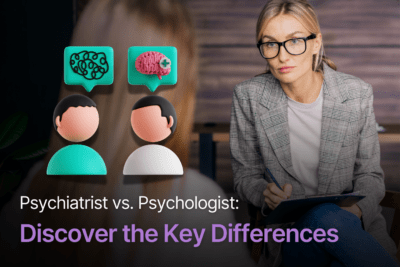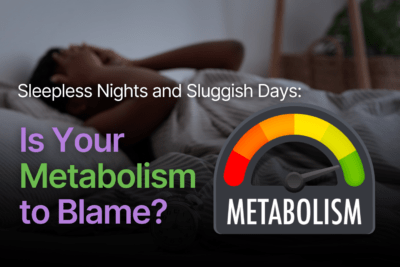Home » BPS Services | Mind and Body Wellness at BPS Medical in Ft. Lauderdale, FL » Anxiety Treatment
Exploring Effective Anxiety Treatment in Fort Lauderdale, Florida
What is anxiety?
Anxiety is a common mental health condition that affects millions of people worldwide. It’s more than just feeling nervous or stressed; it’s a persistent and excessive worry that can interfere with daily activities. In this blog, we’ll explore what anxiety disorders are, the 3-3-3 rule for managing anxiety, the best treatments available, and how to live a normal life with anxiety. We’ll also highlight the difference in treatment approaches for adults and children and explain why BPS Medical is a top choice for anxiety treatment in Fort Lauderdale, FL.
What Are Anxiety Disorders?
Anxiety disorders are a group of mental health conditions characterized by excessive and persistent worry, fear, or anxiety. They are more than just temporary feelings of stress or nervousness; they are ongoing and can significantly impact a person’s ability to function. Common types of anxiety disorders include:
Generalized Anxiety Disorder (GAD): Characterized by chronic and excessive worry about various aspects of life, such as work, health, or social interactions.
Panic Disorder: Involves recurrent and unexpected panic attacks—intense periods of fear or discomfort that peak within minutes.
Social Anxiety Disorder: Extreme fear of social situations where one may feel embarrassed or judged by others.
Obsessive-Compulsive Disorder (OCD): Involves unwanted, intrusive thoughts (obsessions) and repetitive behaviors or mental acts (compulsions) performed to reduce anxiety.
Post-Traumatic Stress Disorder (PTSD): Develops after experiencing or witnessing a traumatic event, leading to flashbacks, nightmares, and severe anxiety.
ADHD Treatment: Comprehensive Guide to Understanding and Managing Anxiety Disorders
Anxiety is a natural human response to stress, but when it becomes chronic and overwhelming, it can interfere with daily life and become a serious mental health disorder. Anxiety disorders affect millions of people worldwide, manifesting in various forms such as generalized anxiety disorder (GAD), panic disorder, social anxiety disorder, and specific phobias. Understanding anxiety and how to manage it effectively is crucial for leading a healthy and fulfilling life.
At BPS Medical, we specialize in a holistic approach to treating anxiety disorders. Our team, which includes psychologists, psychiatrists, neurologists, and experts in neurofeedback therapy, is dedicated to helping patients manage their anxiety and regain control of their lives. In this blog, we’ll explore what anxiety disorders are, the 3-3-3 rule for managing anxiety, the best treatments available, and effective strategies to resolve anxiety.
The 3-3-3 Rule for Anxiety: A Simple Technique to Manage Stress
What is the 3-3-3 Rule for Anxiety?
The 3-3-3 rule is a simple yet effective technique for managing anxiety in the moment. It involves:
Look Around: Identify three things you can see in your environment. This helps ground you in the present moment and shifts your focus away from anxiety-provoking thoughts.
Listen: Identify three sounds you can hear. This could be the hum of an air conditioner, distant traffic, or people talking. Focusing on sounds helps to redirect your attention.
Touch: Identify three things you can feel. This might include the texture of your clothing, the surface of a chair, or the temperature of the air. This physical connection can help you stay grounded.
What is the Most Effective ADHD Treatment?
1. Cognitive-Behavioral Therapy (CBT)
Cognitive-behavioral therapy (CBT) is one of the most effective treatments for anxiety disorders. CBT focuses on identifying and challenging negative thought patterns and behaviors that contribute to anxiety. Through CBT, individuals learn to reframe their thoughts, develop healthier coping mechanisms, and gradually confront and overcome their fears. Numerous studies have shown that CBT can lead to significant improvements in anxiety symptoms, with lasting effects.
2. Medications for Anxiety
Medications for anxiety can be an essential component of anxiety treatment, especially for individuals with severe symptoms. Commonly prescribed medications include:
Selective Serotonin Reuptake Inhibitors (SSRIs): Such as sertraline (Zoloft) and fluoxetine (Prozac), which are often the first-line treatment for anxiety disorders. They work by increasing serotonin levels in the brain, which helps regulate mood and reduce anxiety.
Benzodiazepines: Such as lorazepam (Ativan) and diazepam (Valium), which are used for short-term relief of severe anxiety. They are effective in calming the nervous system but can be habit-forming and are generally not recommended for long-term use.
Beta-Blockers: Such as propranolol, which can help manage physical symptoms of anxiety, such as rapid heartbeat and trembling, particularly in situations like public speaking.
3. Neurofeedback Therapy
Neurofeedback therapy is a non-invasive treatment that helps individuals regulate their brain activity. By monitoring brainwaves in real-time, neurofeedback provides feedback that allows patients to learn how to modify their brain activity to reduce anxiety symptoms. This therapy can be particularly beneficial for those who have not responded well to traditional treatments or prefer a drug-free approach.
At BPS Medical, we offer neurofeedback therapy as part of our comprehensive treatment plan for anxiety. Our team of neurologists and neurofeedback specialists works closely with patients to customize their treatment, ensuring the best possible outcomes.
4. Mindfulness and Relaxation Techniques
Mindfulness-based stress reduction (MBSR) and relaxation techniques, such as deep breathing exercises, progressive muscle relaxation, and meditation, can also be effective in managing anxiety. These practices help reduce stress, improve emotional regulation, and enhance overall well-being.
5. Lifestyle Changes
In addition to therapy and medication, making certain lifestyle changes can significantly impact anxiety levels. These include:
Regular Exercise: Physical activity releases endorphins, which are natural mood lifters. Regular exercise can reduce stress and improve sleep, both of which are essential for managing anxiety.
Healthy Diet: A balanced diet rich in fruits, vegetables, whole grains, and lean proteins can support mental health. Avoiding caffeine, alcohol, and processed foods can also help reduce anxiety symptoms.
Adequate Sleep: Poor sleep can exacerbate anxiety, so establishing a regular sleep routine and ensuring you get enough rest is crucial.
How to Resolve Anxiety?
Resolving anxiety often requires a multifaceted approach, combining therapy, lifestyle changes, and self-care practices. Here are some strategies to effectively manage and reduce anxiety:
1. Seek Professional Help
If you experience persistent anxiety that interferes with your daily life, it’s essential to seek professional help. A mental health professional can provide a diagnosis, recommend appropriate treatments, and offer support throughout your journey to recovery.
2. Practice Self-Care
Taking care of your physical and mental health is crucial in managing anxiety. Engage in activities that bring you joy, practice good hygiene, and ensure you’re getting enough rest. Prioritizing self-care can help you build resilience against stress and anxiety.
3. Build a Support System
Having a strong support system can make a significant difference in managing anxiety. Reach out to friends, family, or support groups who can offer understanding, encouragement, and a listening ear.
4. Develop Healthy Coping Mechanisms
Instead of turning to unhealthy habits like smoking, drinking, or overeating, develop healthy coping mechanisms to manage stress and anxiety. These can include exercise, journaling, spending time in nature, or engaging in creative hobbies.
5. Practice Mindfulness
Incorporating mindfulness into your daily routine can help you stay grounded and reduce anxiety. Whether through meditation, mindful breathing, or simply taking a moment to focus on the present, mindfulness can help you manage stress and improve your overall well-being.
From Anxiety to Empowerment: How to Overcome Anxiety and Live a Fulfilling Life
Can You Overcome Anxiety?
Yes, it is possible to overcome anxiety, although it may not mean completely eliminating it. Many people successfully manage their anxiety through a combination of treatments and lifestyle adjustments. Recovery is often about learning how to handle anxiety in a way that minimizes its impact on daily life.
Living a Normal Life with Anxiety: Strategies for Daily Management
Can I Live a Normal Life with Anxiety?
Absolutely. Many people with anxiety lead fulfilling and productive lives. The key is to manage the condition effectively through therapy, medication, and lifestyle changes. By developing coping strategies and seeking support, you can maintain a high quality of life and achieve your personal and professional goals.
What is the difference between the treatment for Anxiety for adults and children?
Treatment for anxiety can differ between adults and children due to developmental factors and differing responses to treatment.
Children: Treatment often involves family therapy and play therapy, alongside CBT. Medication is generally considered a last resort and used with caution.
Adults: Adults may receive a combination of therapy, medication, and lifestyle adjustments. Adults are more likely to have access to various types of therapies and medications.
Why BPS Medical is the Top Choice for Anxiety Treatment in Fort Lauderdale, FL
BPS Medical stands out in the treatment of anxiety due to its comprehensive approach. At BPS Medical, we combine the expertise of psychologists, psychiatrists, and neurologists with innovative treatments like neurofeedback therapy. This integrated approach ensures that each patient receives personalized care tailored to their specific needs.
Our facility is known for:
Expert Team: We have a team of professionals who specialize in mental health, ensuring that all aspects of anxiety are addressed.
Personalized Care: We provide individualized treatment plans based on thorough assessments and ongoing evaluations.
Innovative Therapies: Our use of neurofeedback therapy and other advanced treatments offers new options for managing anxiety.
Convenience: We offer timely appointments and a compassionate approach, making it easier for patients to access the care they need.
Resources:
- National Institute of Mental Health (NIMH) Website
- Anxiety and Depression Association of America (ADAA) Website
By addressing anxiety with a comprehensive and personalized approach, BPS Medical offers a pathway to effective management and improved well-being. For more information, visit BPS Medical Services.
If you or a loved one is struggling with anxiety, consider reaching out to BPS Medical for expert support and a tailored treatment plan that can help you lead a more balanced and fulfilling life.
